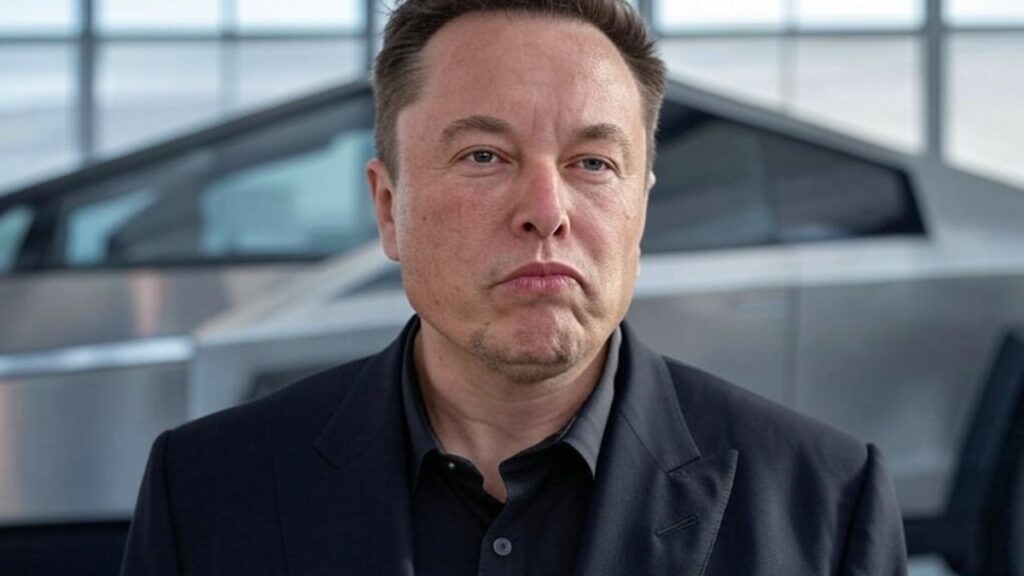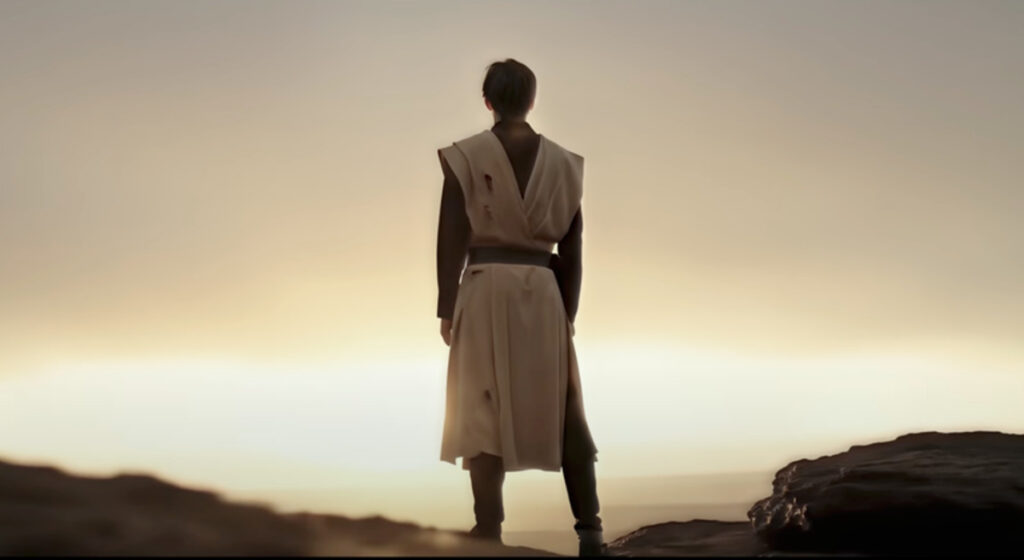Electricity fuels nearly every aspect of our daily routines — from charging our phones to lighting our homes and powering our entertainment. Imagine a day without this vital resource; it feels almost impossible, doesn’t it? Thankfully, we live in an age where electricity is an integral part of life as we know it.
The question then arises: how did we come to comprehend and harness this essential force? Who were the trailblazers responsible for unveiling the secrets of electricity? Let’s explore the fascinating history behind this remarkable phenomenon and the visionary figures who contributed to our understanding of it.
Benjamin Franklin: The Trailblazer of Thunder
When it comes to the history of electricity, most of us immediately think of Benjamin Franklin. A renowned statesman and diplomat, Franklin was also a brilliant scientist with an insatiable curiosity. In the mid-18th century, he became captivated by electricity and made significant strides in its study.
Prior to Franklin’s explorations, scientists had a limited understanding of electricity, mostly tied to static electricity — like the small shocks you experience from walking on carpet. Franklin took this knowledge further, positing that electricity consisted of two opposing forces: positive and negative. His revolutionary idea was that electricity travelled between these two poles, and—most astonishingly—he proposed that lightning itself was a manifestation of this flow of electricity.
In 1752, Franklin famously conducted his kite experiment during a storm. He flew a kite with a metal key attached to its string to test his theory. When lightning struck, the electricity surged down the string, delivering a shock to him. Thankfully, he emerged unscathed, but this daring experiment validated his hypothesis and marked a monumental moment in our collective grasp of electricity.
The Unsung Pioneers
Despite Franklin’s fame, was he truly the first to uncover electricity? The journey to understanding this force is more intricate than a single discovery. William Gilbert, an English scientist from the late 1500s, is often credited with laying a foundational framework for the study of electricity and magnetism. His pioneering research marked the onset of a scientific inquiry into electricity, and he even coined the term “electricity.”
A contemporary of Gilbert, Sir Thomas Browne, advanced these concepts further, broadening the understanding of electrical phenomena. Both Gilbert and Browne are acknowledged as trailblazers in the scientific exploration of electricity.
Was Electricity Known to Ancient Cultures?
Interestingly, our fascination with electricity may date back long before Franklin. In 1936, researchers unearthed a clay pot in modern-day Iraq, dating back over 2,000 years. This artifact, often dubbed the Bagdad Battery, contained copper plates, tin alloys, and an iron rod. When filled with an acidic solution, it could potentially have generated an electric current.
While the device’s purpose remains a mystery, it ignites intriguing speculation: Could ancient civilizations have held a primitive understanding of electricity? This finding hints that humanity’s relationship with electricity could be far older than we previously imagined.
The Journey to Modern Electric Power
Building upon Franklin’s discoveries, the study of electricity rapidly evolved. A landmark moment came in 1879 when Thomas Edison patented the electric light bulb. This invention drastically transformed our lives, illuminating the world in ways that even Franklin could hardly conceive.
Yet, the narrative of electricity continues to unfold. Today, we witness an ongoing evolution of technology that harnesses electricity—many of which would astonish both Franklin and Edison. From smart homes to electric vehicles, we are only beginning to grasp the myriad applications of electricity in contemporary life.
Conclusion: A Rich Tapestry of Discovery
So, who truly discovered electricity? The answer is not simple. Numerous innovators, including William Gilbert, Thomas Browne, Benjamin Franklin, and Thomas Edison, have contributed to our evolving understanding of this force over centuries. And who knows? There may still be countless discoveries waiting to be unearthed as we deepen our understanding of the forces around us.
What remains indisputable is that electricity, in its diverse forms, is the lifeblood of our modern existence. Without the visionaries who dedicated themselves to unraveling its mysteries, we would lack the power to energise our homes, devices, and even critical medical technologies. So, the next time you turn on a light or charge your phone, take a moment to appreciate the brilliant minds who made it all possible.







